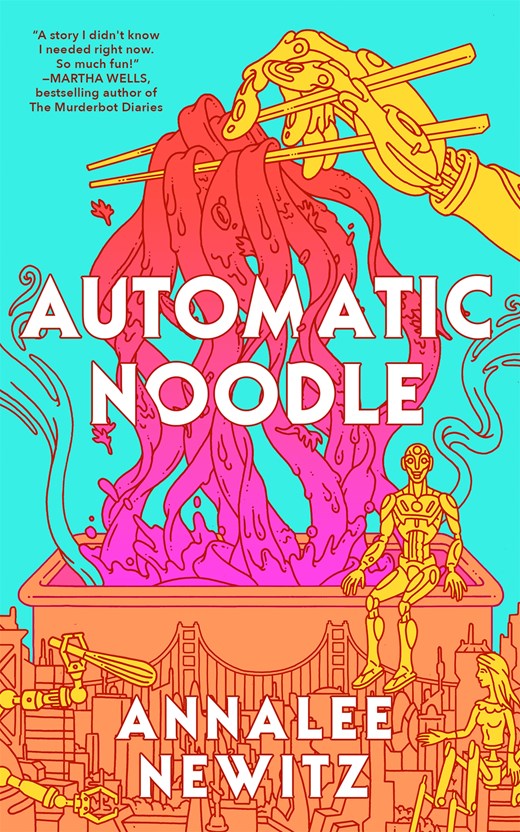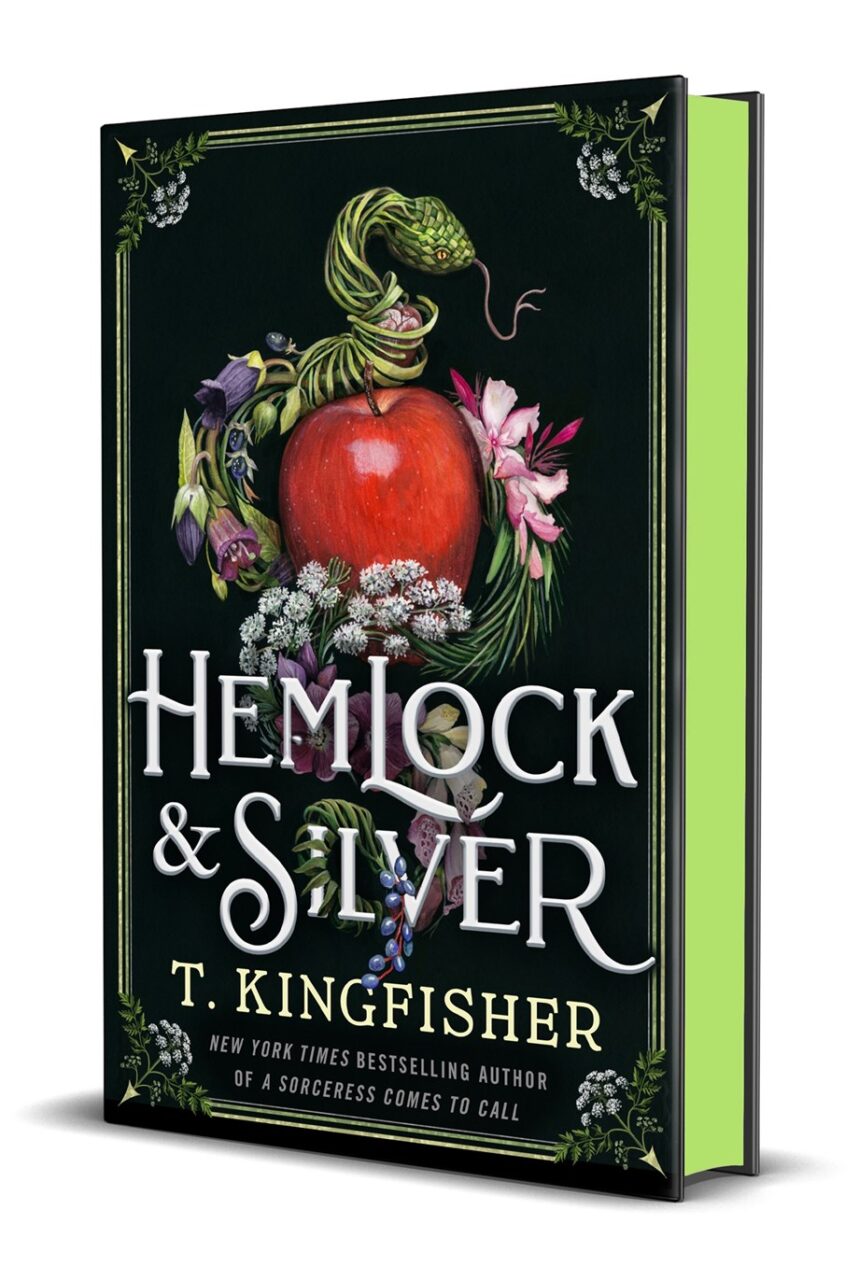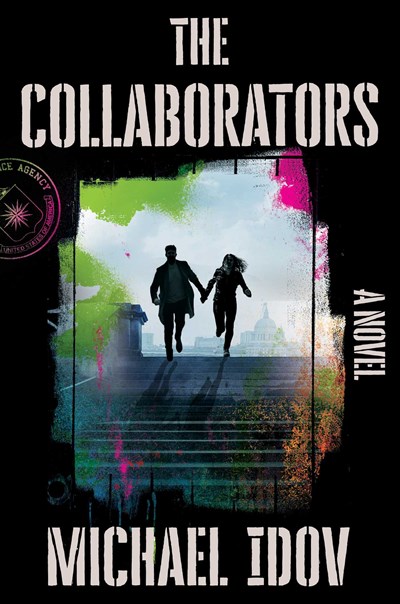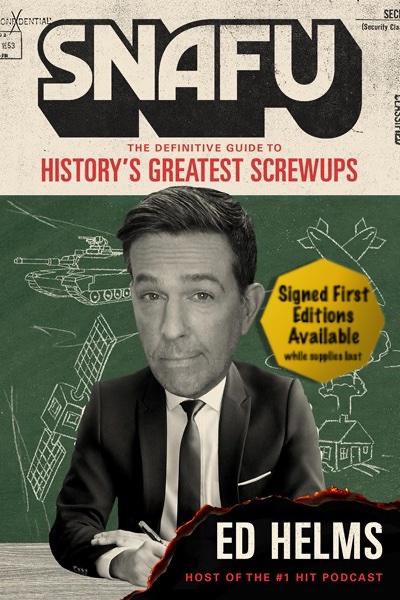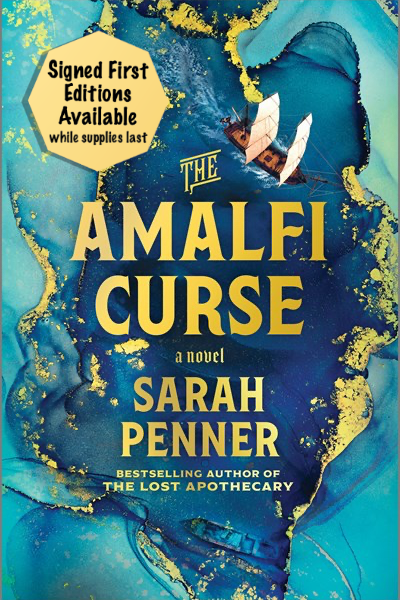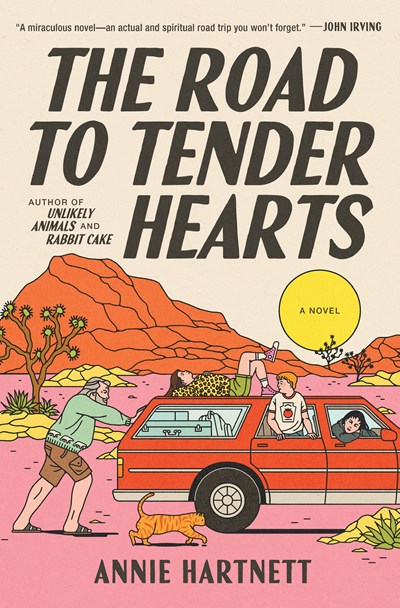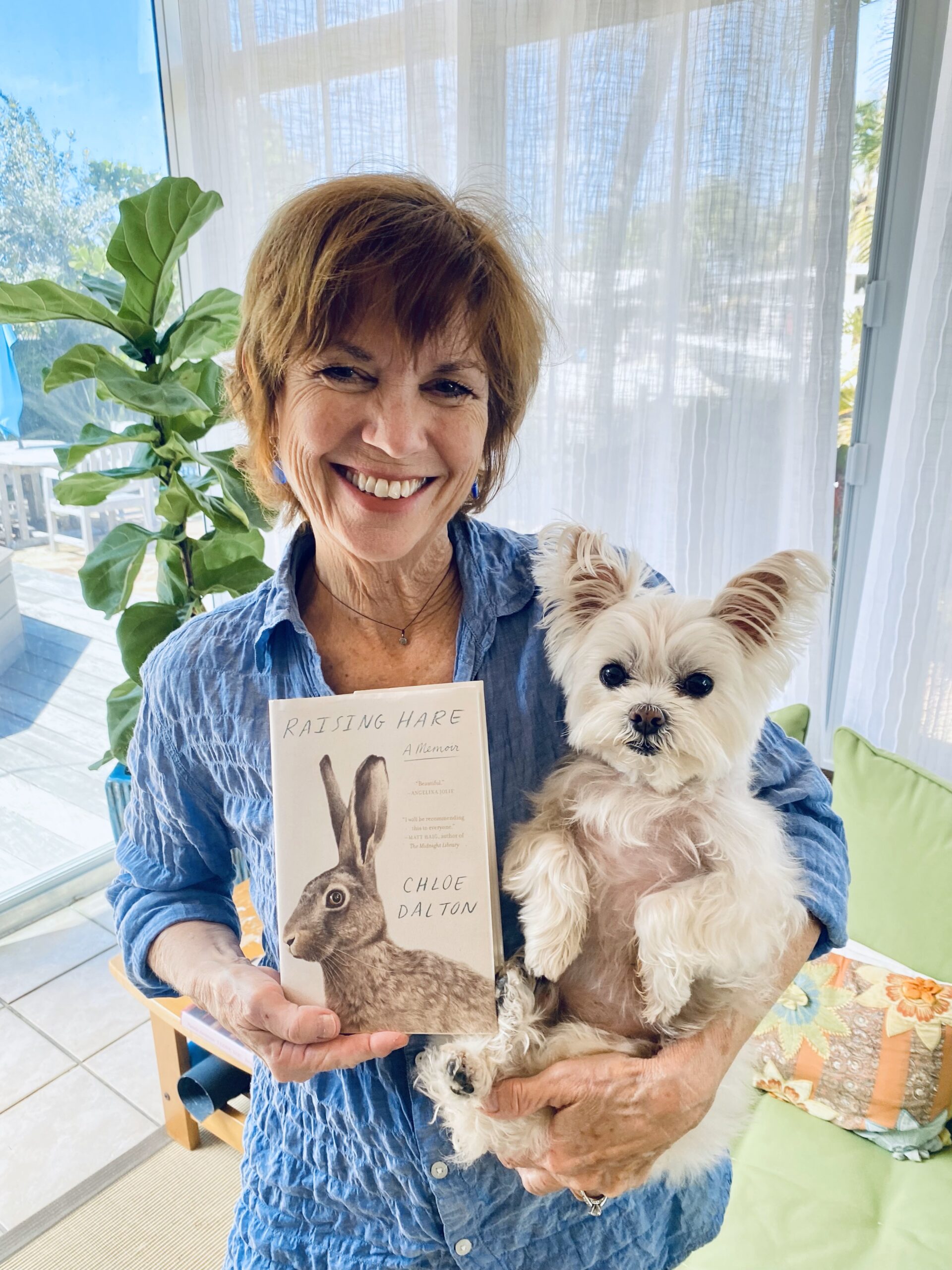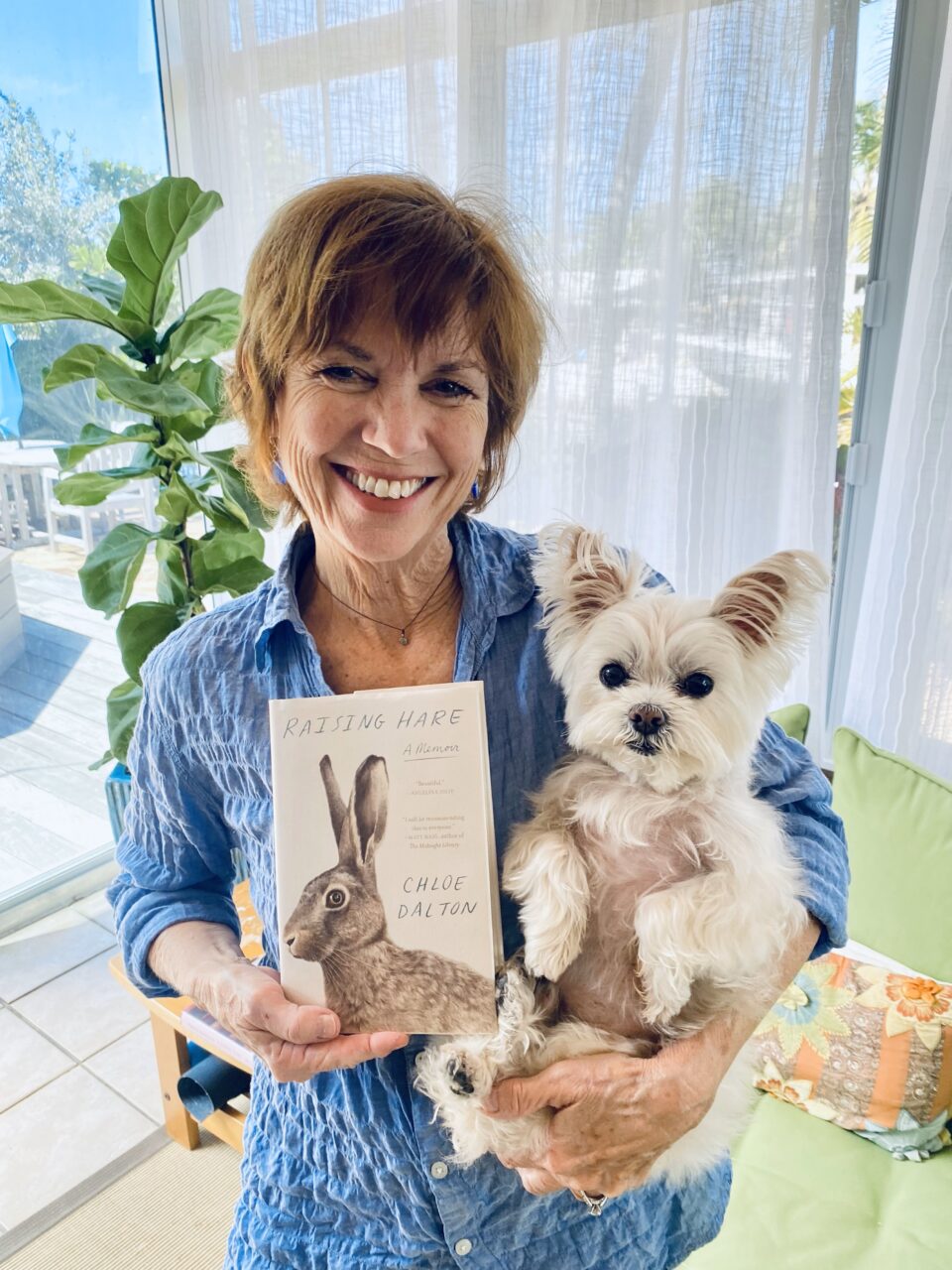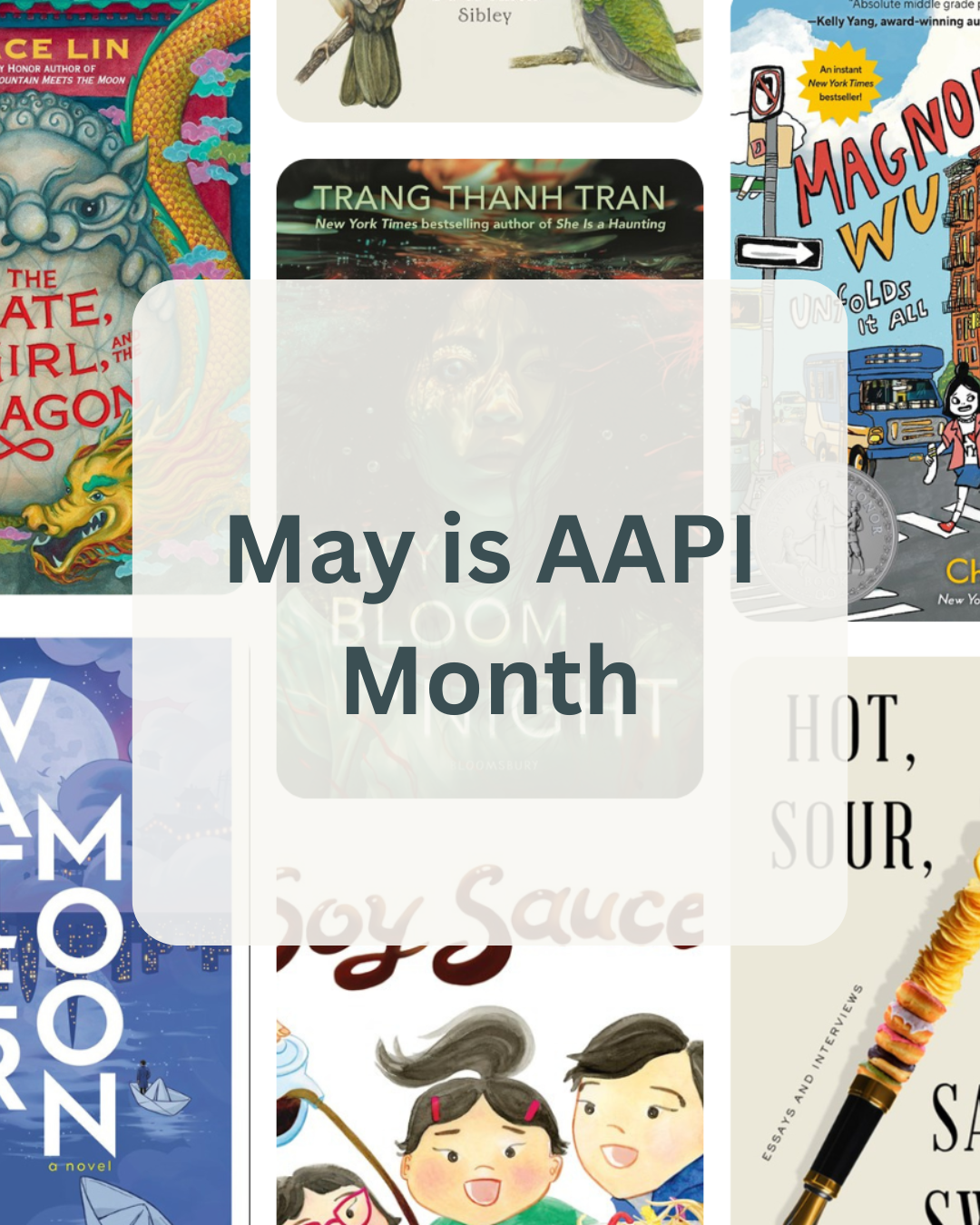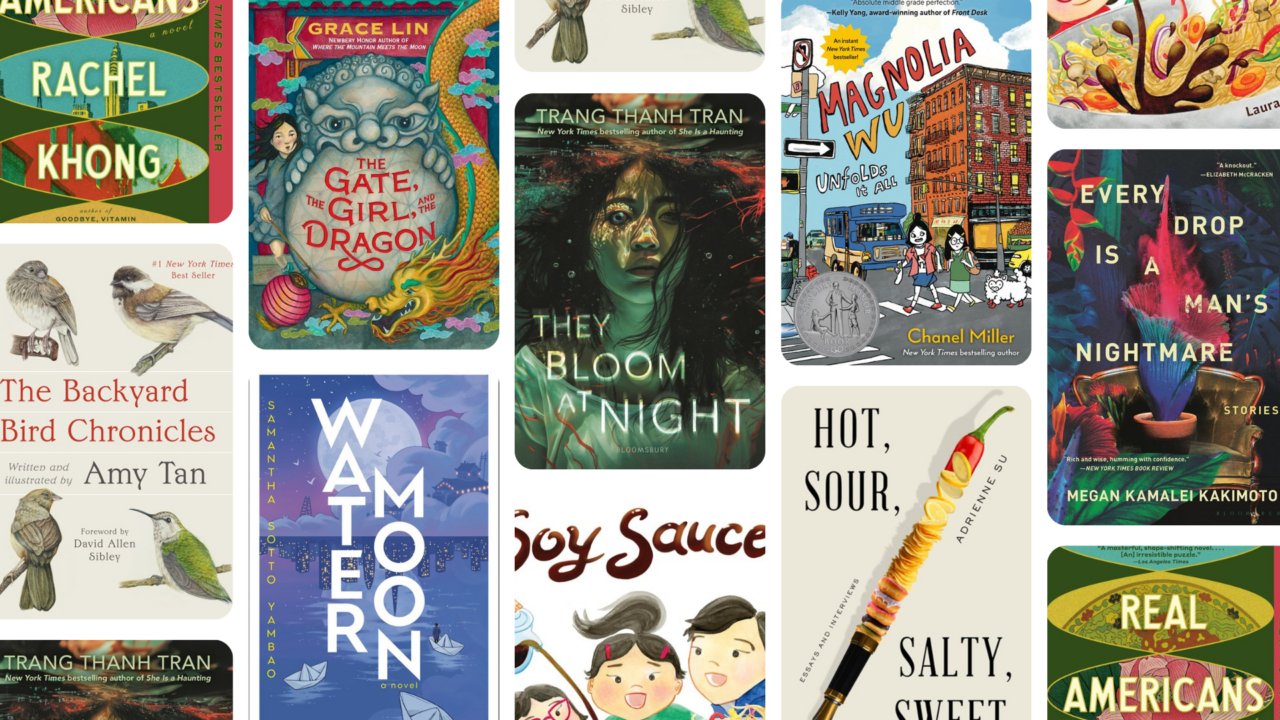The #1 New York Times bestselling authors and award-winning podcasters Glennon Doyle, Abby Wambach, and Amanda Doyle created We Can Do Hard Things—the guidebook for being alive—to help fellow travelers find their way through life.
When you travel through a new country, you need a guidebook.
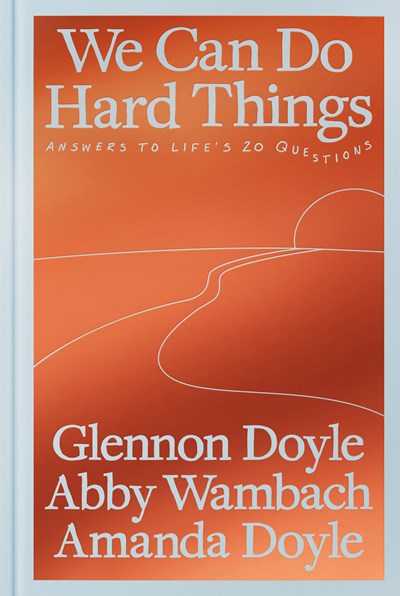
When you travel through love, heartbreak, joy, parenting, friendship, uncertainty, aging, grief, new beginnings—life—you need a guidebook, too.
We Can Do Hard Things is the guidebook for being alive.
Every day, Glennon Doyle spirals around the same questions: Why am I like this? How do I figure out what I want? How do I know what to do? Why can’t I be happy? Am I doing this right?
The harder life gets, the less likely she is to remember the answers she’s spent her life learning. She wonders: I’m almost fifty years old. I’ve overcome a hell of a lot. Why do I wake up every day having forgotten everything I know?
Glennon’s compasses are her sister, Amanda, and her wife, Abby. Recently, in the span of a single year, Glennon was diagnosed with anorexia, Amanda was diagnosed with breast cancer, and Abby’s beloved brother died. For the first time, they were all lost at the same time. So they turned toward the only thing that’s ever helped them find their way: deep, honest conversations with other brave, kind, wise people.
They asked each other, their dearest friends, and 118 of the world’s most brilliant wayfinders: As you’ve traveled these roads—marriage, parenting, work, recovery, heartbreak, aging, new beginnings—have you collected any wisdom that might help us find our way?
As Glennon, Abby, and Amanda wrote down every life-saving answer, they discovered two things:
1. No matter what road we are walking down, someone else has traveled the same terrain.
2. The wisdom of our fellow travelers will light our way.
They put all of that wisdom in one place: We Can Do Hard Things—a place to turn when you feel clueless and alone, when you need clarity in the chaos, or when you want wise company on the path of life.
We are all life travelers. We don’t have to travel alone. We Can Do Hard Things is our guidebook.
Featuring wisdom from: ALOK • Sara Bareilles • Dr. Yaba Blay • Kate Bowler • adrienne maree brown • Brandi Carlile • Brittney Cooper • Brittany Packnett Cunningham • Kaitlin Curtice • Megan Falley • Jane Fonda • Stephanie Foo • Ashley C. Ford • Ina Garten • Roxane Gay • Andrea Gibson • Elizabeth Gilbert • Dr. Orna Guralnik • Tricia Hersey • Justice Ketanji Brown Jackson • Luvvie Ajayi Jones • Dr. Becky Kennedy • Emily Nagoski • Esther Perel • Ai-Jen Poo • Cole Arthur Riley • Dr. Alexandra Solomon • Cheryl Strayed • Sonya Renee Taylor • Ocean Vuong • And many others




